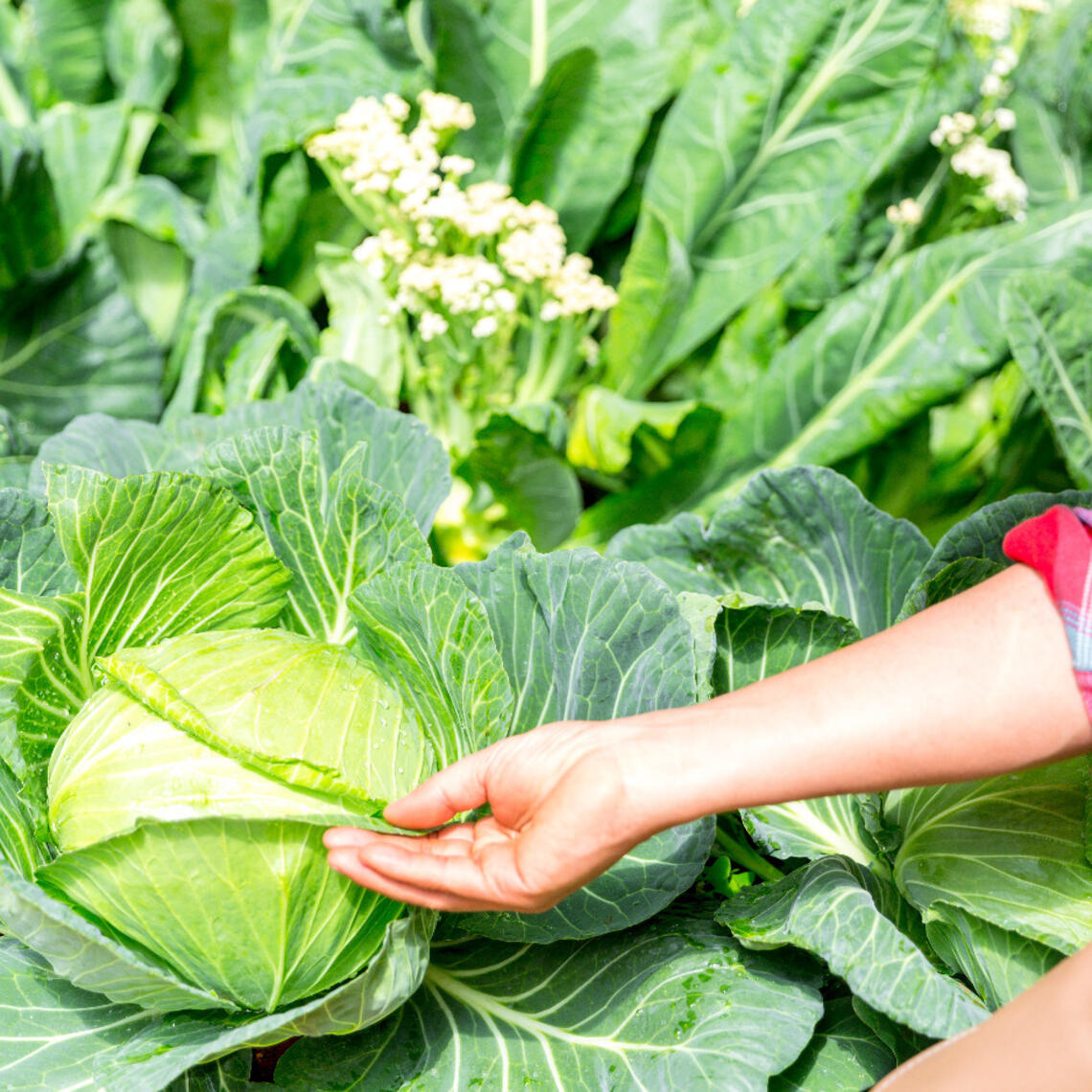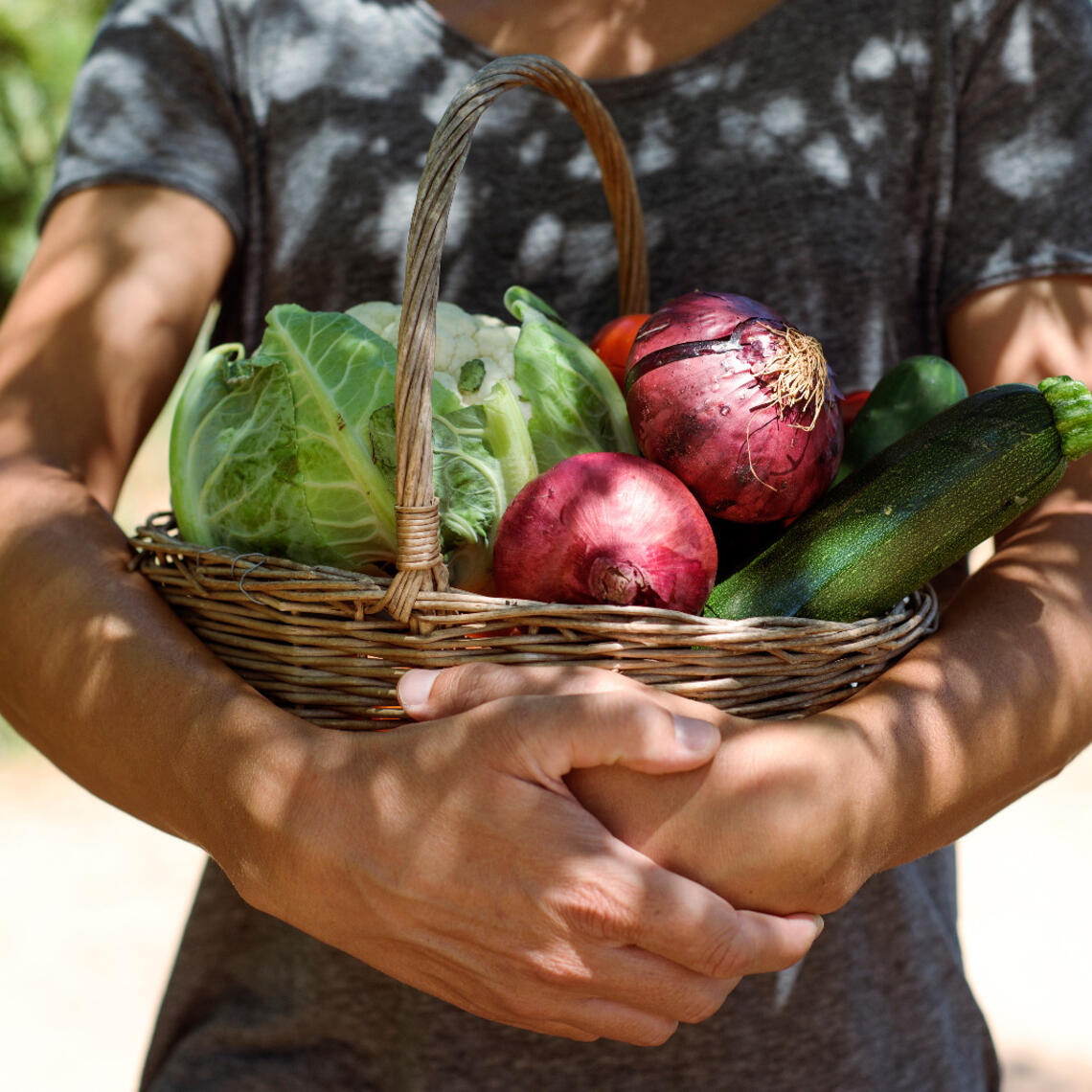Publications
Updated November 2023
Highlighted Recent Publications
For full list of publications by group members see individual profile pages (linked under People).
Reflective Weavings of a Knowledge Basket: Farming and Re-Searching in Wild Rose Country
Rozanski, C. (2023). Reflective weavings of a knowledge basket: Farmins and Re-Searching in Wild Rose Country. CORA Collective Research in Anthropology Journal. Fall 2023(1).

The ways in which we come to be, do, and connect are guided by our knowledge systems, which are reflected in language, stories, governance, and power. In the process of coming to know, Mississauga Nishnaabeg author, Dr. Leanne Betasamosake Simpson, encourages writers to start with a story or poem. For Otipemisiw Métis Canada Research Chair, Dr. Jennifer Adese, sharing your own story is an act of reciprocity. Storytelling, as a methodology rooted in Indigenous ways of knowing, is also a way to decolonize approaches to research. Using dialogue, photographs, and the metaphor of a willow basket, this autoethnographic essay weaves the spatially and temporally unbounded threads of power in place-thought. Situated as a non-Indigenous anthropologist and small-scale farmer in Wild Rose Country (Treaty 7, Canada), the author guides readers through a sensorial critique of global agrarian regimes. With italicized teachings from her grandmothers and literary mentors, she navigates issues of displacement, privilege, Othering, and collaborative knowledge production. This work is part of the author’s broader doctoral dissertation on relational foodways in Western Canada.
As my ‘ethnographic field’ is the field(s) in which I grow crops, medicinal plants, and animals, the seeds of these relationships, projects, and reflections will continue to grow and reroot. Rather, there is no end to fieldwork that is holistically part of a researcher’s life
Chelsea Rozanski
Growing in relation with the land: Experiential learning of Root and Regenerate Urban Farms
Rozanski, C., & Gavin, M. (2023). Growing in relation with the land. Journal of Agriculture, Food Systems, and Community Development, 13(1). https://doi.org/10.5304/jafscd.2023.131.002

The food landscape of Calgary, Canada, is sown with an abundance of polycultures. Alongside place-specific Indigenous foodways are food rescue, banking, and hamper programs, food studies scholars, a City of Calgary food resilience plan, and a growing number of alternative food network producers. Within the local alternative food network, there has been a boom in advancing indoor growing for our colder climate, including container, aquaponic, vertical hydroponic, and greenhouse growing. Situated as an agrarian ethnographer and an urban regenerative farmer, we seek to highlight the viability of agricultural techniques that are in relation with the land to grow more socially and ecologically sustainable food and farm systems in and around Calgary. From this position, we formed a collaboration between the University of Calgary, Root and Regenerate Urban Farms, and the Young Agrarians to document the cultivation process for a production urban farm. Over the course of one growing season—May to September, 2021—we harvested approximately 7,000 lbs (3,175 kg) of produce across nine urban spaces totaling 0.26 acres. The 48 vegetable varieties were distributed to 35 community supported agriculture shareholders, weekly farmers market customers, restaurant chefs, and members of the YYC Growers and Distributors cooperative. Moreover, we donated 765 lbs (347 kg) of surplus produce to the Calgary Community Fridge, Calgary Food Bank, and the Alex Community Food Centre, which work to mitigate food insecurity. Through a reflexive practitioner approach, our reflective essay discusses the benefits and limitations of Small Plot Intensive Farming methods and urban land-sharing strategies, as well as the viability of land-based urban agriculture in a rapidly changing socio-ecological climate. Our paper also demonstrates the potential for transcending siloed approaches to knowledge-making vis-à-vis experiential learning partnerships between graduate student researchers, farmers, and agricultural organizations.
Our hope is that practitioners and researchers working in food systems and coalition-building will be able to draw upon the frameworks and ideologies put forth while tailoring them to the people and networks of their area.
Chelsea Rozanski & Michael Gavin
Agrarian Extractivism: Addressing Actors and Their Agency at the National Level
Giacalone, R. (2022). Agrarian extractivism: Addressing actors and their agency at the national level. Latin American Policy, 14 (2), 231-251.

The literature on the transformation of Latin American agrarian productive and trade patterns (1990s to 2010s) tends to overemphasize traits of the agrarian extractivism concept, such as intensive mono‐production for exportation, sectoral disarticulation, concentration of benefits and power outside the producing nation, and degradation of environmental and labor conditions. At the same time, an analysis of the experiences of the Argentine and Brazilian soy chains shows that they include characteristics that the literature does not usually incorporate. After reviewing the literature and two case studies, we discuss the need to incorporate the agency of national state and nonstate actors into the analysis of agrarian extractivism. We argue that addressing this level and these actors' agency is necessary to understand the potential link between agrarian extractivism and economic development in Latin America. Empirical research relies on publications based on fieldwork and statistics. This article theorizes that agrarian systems are made up of chains whose links specialize in different distinct functions, and their actors' economic behavior is determined by their decision‐making (agency) capacity and rational choice. Power in chains is relational and mutates over time and according to changes in context, so this configuration opens the possibility of fostering economic development options through national actors and justifies their inclusion in the analysis of agrarian extractivism.
... The inclusion of the national-level actors and their agency is necessary to further the discussion of agrarian extractivism because at that level, Agrarian production and circulation are economic activities that fulfill necessary functions ... with domestic, global, and local consequences that are not negative per se.
Rita Giacalone
Additional Publications
Since 2019, when the Food Studies Interdisciplinary Research Group was established.
